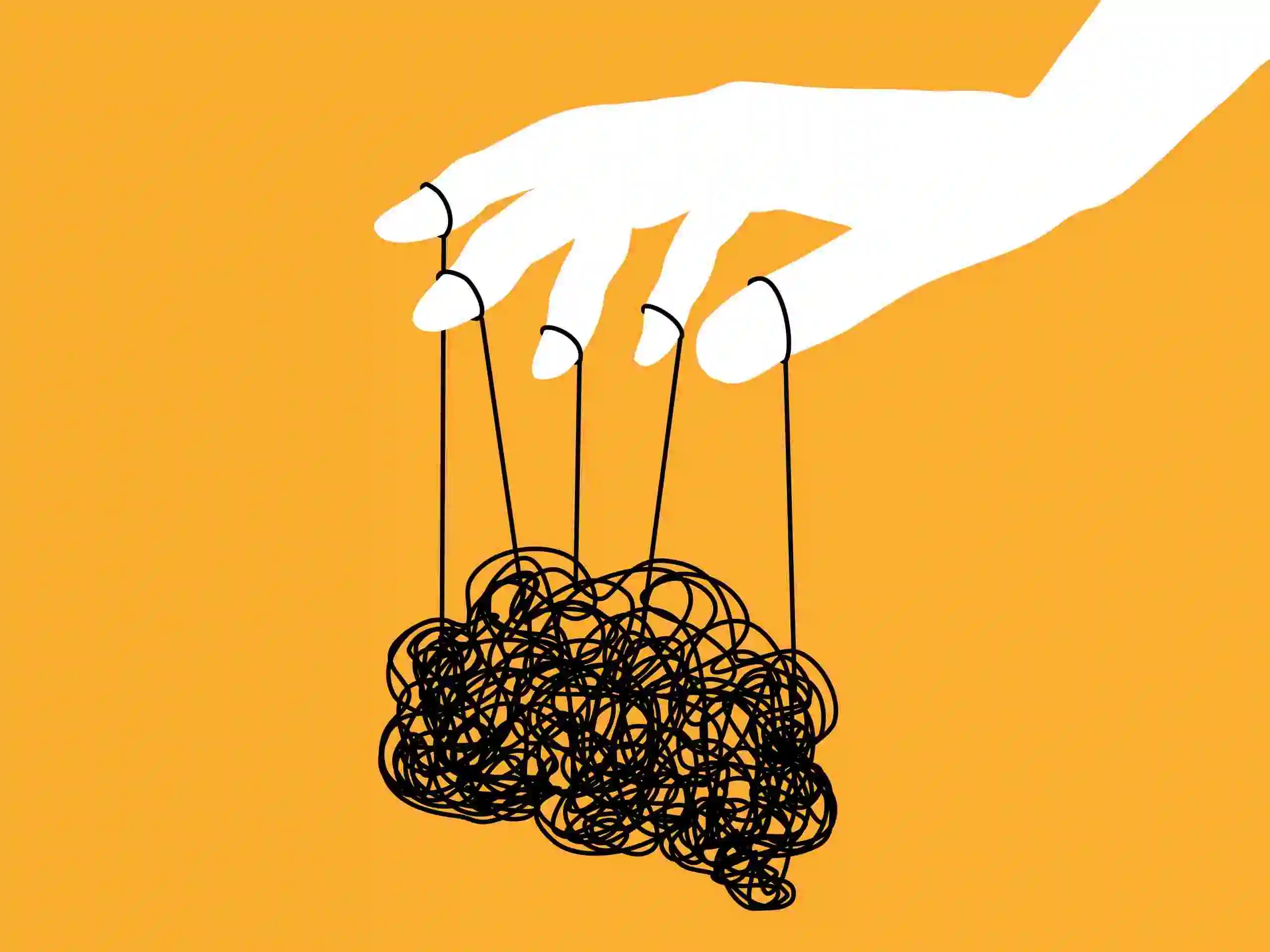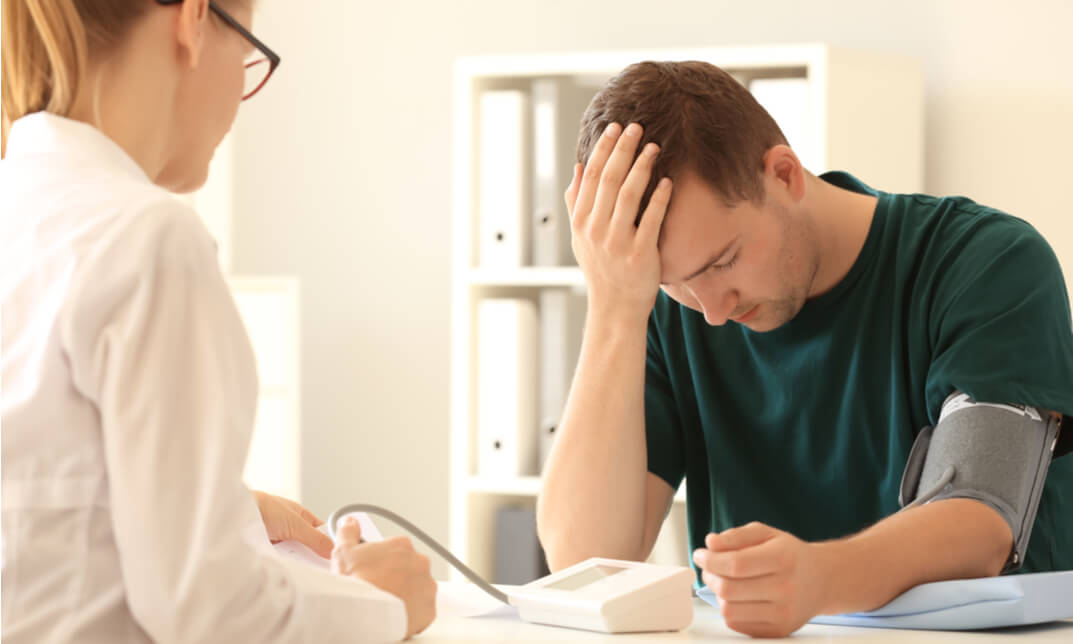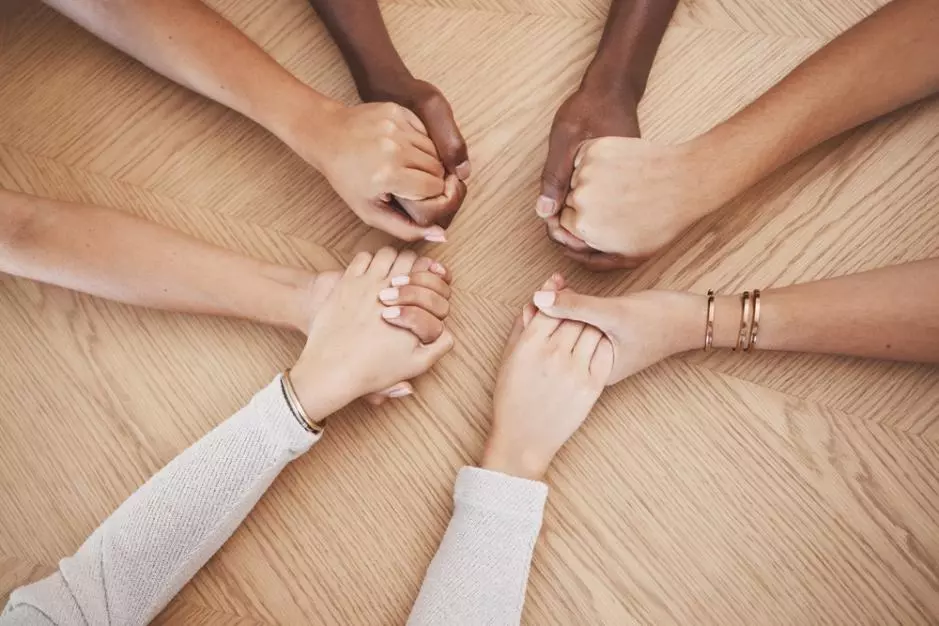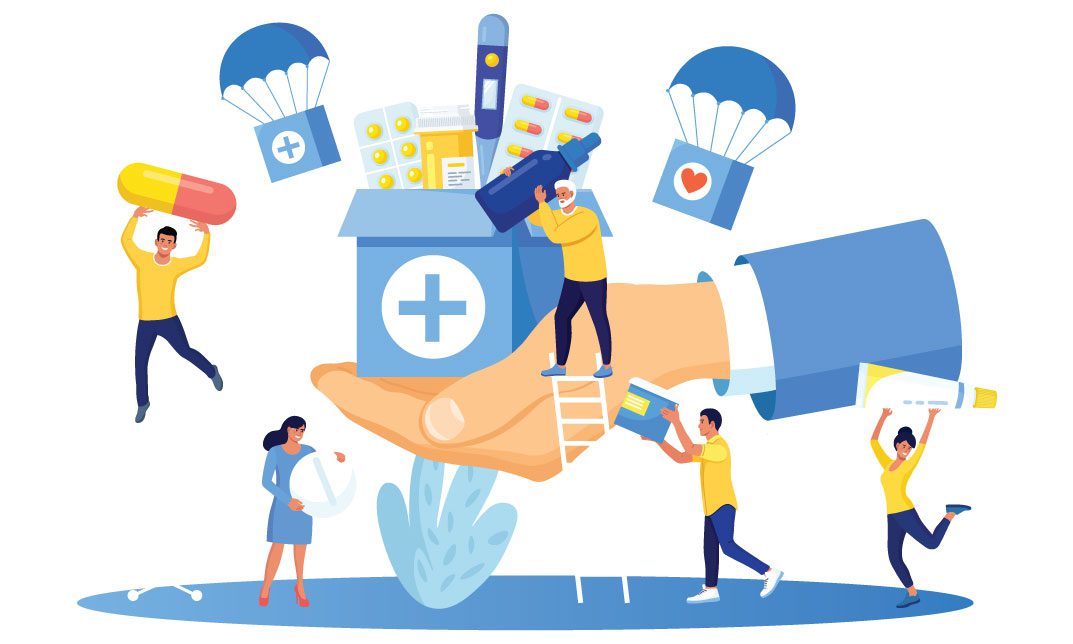No products in the basket.
Introduction
Mental health is an important element of overall well-being. However, it can be difficult to know how to assist individuals in need. That is why mental health first aid is critical. It is a combination of skills and methods in supporting someone going through a mental health crisis.
This tutorial will teach you all you need to know about mental health first aid, from the fundamentals to how martial arts can be utilised as a form of mental health first aid.
Mental health first aid is a skill that everyone should learn and practice. Mental health first aid, like martial arts, serves to defend you and others around you. It can be used to identify early warning indicators of mental health disorders and to give first assistance. This blog article intends to provide a comprehensive approach on mental health first aid.
We’ll discuss why mental health first aid is necessary, what it requires, and how to become certified. You should have enough knowledge at the conclusion of this blog to make an informed decision about being certified in mental health first aid.
Definition of Mental Health First Aid
The Mental Health First Aid (MHFA) program teaches people how to detect and respond to indicators of mental illness or distress in themselves or others. MHFA is intended to provide persons with the information and skills needed to assist someone who is suffering a mental health crisis or who is at risk of developing a mental disease.
Importance of Mental Health First Aid in Today’s World
In today’s world, the necessity of mental health first aid cannot be emphasised. With rising rates of mental illness and suicide, it is critical that people are prepared to detect and respond to mental health issues. MHFA training can assist in decreasing the stigma associated with mental disease and give them the tools they need to support persons suffering from mental illnesses.
Mental Health First Aid is an important training program that teaches people how to detect and respond to symptoms of mental illness or distress. Mental illness is becoming increasingly prominent in today’s culture. Therefore, it is critical to give proper assistance to people who are battling with mental health difficulties.
Understanding Mental Health
Understanding mental health is critical for general well-being as well as detecting and managing any mental health disorders that may occur.
Mental health includes emotional well-being, such as feeling good, content, and fulfilled. It also involves psychological well-being, such as a sense of purpose, a sense of connection to others, and the ability to cope with stress and hardship. It also encompasses social well-being, such as the capacity to develop meaningful connections and feeling supported and respected by others.
Mental health can be affected by a wide range of factors, including genetics, environment, and life experiences. Some persons may be predisposed to mental health problems owing to a family history of mental illness or other risk factors. Life experiences that are stressful, such as the death of a loved one, a significant disease, or a traumatic encounter, can all lead to mental health issues.
It is critical to recognize that mental health is not always consistent and may change over time. Everyone has ups and downs in their mental health, and it is critical to understand when these variations are a sign of a more serious problem. So, if a person’s mental health is failing, it is critical that they get treatment and support.
To conclude, knowing mental health is critical for general well-being, recognizing mental health disorders, and seeking treatment when necessary. Mental health is a multifaceted notion that includes emotional, psychological, and social well-being and is influenced by a number of factors. Thus, it is critical to prioritize mental health and seek professional treatment when necessary.
What is Mental Health First Aid in Martial Arts?
Mental health first aid in martial arts is a concept that refers to the recognition, understanding, and management of mental health issues within the martial arts community. This includes providing support and assistance to individuals who may be experiencing mental health issues, such as anxiety, depression, or stress.
One of the key aspects of mental health first aid in martial arts is recognizing the signs and symptoms of mental health issues.
This can include changes in behaviour, mood, or motivation, as well as physical symptoms such as fatigue or changes in appetite. By recognizing these signs, martial arts instructors and other members of the community can take steps to provide support and assistance to individuals who may be struggling with mental health issues.
Another important aspect of mental health first aid in martial arts is providing support and assistance to individuals who may be experiencing mental health issues. This can include providing emotional support, connecting individuals with mental health resources, and providing information about mental health services.
Additionally, martial arts instructors can also take steps to create a safe and supportive environment for individuals who may be struggling with mental health issues, such as providing accommodations or adjusting training practices.
Overall, mental health first aid in martial arts is an important concept that is necessary for the well-being of the martial-arts community. By recognizing, understanding, and managing mental health issues, martial arts instructors and other members of the community can provide support and assistance to individuals who may be struggling with mental health issues, and create a safe and supportive environment for all members of the community.
The Warning Signs of Mental Illness
When it comes to mental health, identifying the warning symptoms of mental illness is frequently the first line of defence. This can be challenging. but it is an essential part of being able to assist someone in need. The Mental Health First Aid (MHFA) program trains individuals on how to detect and respond to indicators of mental illness in others.
Understanding the indicators can allow you to properly analyse the issue and take suitable action.
The following are some frequent warning indicators of mental illness:
- Significant shifts in mood or behaviour
- Absence from social activities
- Difficulty concentrating
- Feeling hopeless or overly depressed
- Having illusions or hallucinations
- Self-harming or aggressive tendencies
- Increased drug or alcohol usage
- An unexpected rise or reduction in appetite
- Participating in high-risk activities such as extreme sports or martial arts
If you observe any of these warning signals in someone, it is critical that you intervene and encourage them to get professional care. Mental Health First Aid may be a useful tool in assisting individuals in need. You may learn how to respond to crisis circumstances and refer someone to the proper professional assistance through MHFA. It’s critical to remember that mental health concerns can be treated, and you can make a significant impact on someone’s life.
Common Mental Health Disorders

Some of the most frequent mental health issues in the United Kingdom are:
Anxiety disorders Depression
- Substance abuse problems
- Schizophrenia
- Bipolar illness
- Eating problems
- OCD is an obsessive-compulsive disorder (OCD)
- Ptsd is an acronym for post-traumatic stress disorder (PTSD)
- Personality flaws
- It’s crucial to remember that mental health is a complicated and varied problem. These illnesses can manifest in various people. It is also critical to seek expert help for an appropriate diagnosis and treatment.
ADHD stands for Attention Deficit Hyperactivity Disorder (ADHD)
- Anxiety disorder
- Anxiety Disorder in General (GAD)
- Anxiety Disorder in Social Situations
- Specific Fears
- Disorders of Dissociation
- Personality Disorder with Borderline Personality
- Major Depressive Syndrome
Seasonal Affective Disorder (SAD) is a kind of seasonal depression (SAD)
If you are suffering signs of a mental health disorder, it is critical that you get care from a mental health expert. Early intervention and therapy can have a positive impact on outcomes and quality of life.
- Agoraphobia
- Dysmorphic condition of the body (BDD)
- Disorder of depersonalization and derealization
- Dysphoric premenstrual syndrome (PMDD)
- Addiction-related mood disorder
- Hoarding syndrome
- Trichotillomania (hair-pulling disorder) (hair-pulling disorder)
- Dermatillomania (skin-picking condition) (skin-picking disorder)
- Skin-picking (end) disorder
It is crucial to remember that this list is not complete, and people might suffer from a variety of different mental health issues. If you or someone you know is experiencing mental health issues. It is critical to get help from a mental health professional for an accurate diagnosis and successful treatment.
How to Help Someone in a Mental Health Crisis
Here are some things you may do to assist someone in a mental health crisis:
- Maintain your cool and be supportive: Listen to the individual and show them you care. Encourage them to express their emotions and create a secure, non-judgmental environment for them to do so.
- Encourage them to seek professional help: Encourage the individual to consult with a mental health expert as soon as workable. Offer to assist them in locating a therapist or doctor, or to go with them to their appointment.
- Connect them with resources: If the individual is in urgent danger, contact 911. Transport them to the nearest hospital emergency room. You can also assist in connecting the individual with crisis hotlines or support groups.
Caring for someone in a mental health crisis may be demanding, so it’s crucial to take care of yourself and get help if you need it. Keep in touch with them: After the crisis has passed, check in with the person to see how they’re doing and give continued support. It’s important to remember that mental health crises can be terrifying and unpredictable. Luckily, people can recover and return to a state of stability and well-being with the correct care.
What qualities do you need to be a mental health first aider?
Being a mental health first responder necessitates. A unique set of personality traits, knowledge, and abilities. Here are some characteristics that might be beneficial for someone in this position.
- Empathy: The ability to comprehend and share the sentiments of others is critical. When providing help to someone experiencing a mental health crisis.
- Active listening: Mental health first responders must be competent listeners. Who can devote their whole attention to the individual they are assisting.
- Patience: Because dealing with mental health difficulties may be a lengthy and difficult process. Mental health first responders must be patient and consistent in their help.
- Non-judgemental: Mental health first responders must approach each scenario with an open mind and a nonjudgmental attitude. Avoiding making assumptions or assessing the person.
- Confidentiality: Mental health first responders must preserve confidentiality. As well as protect the privacy of those they assist.
- Cultural awareness: Mental health first responders should be aware and aware of the influence culture can have on mental health.
- Self-care: Mental health first responders must look after their own well-being. As well as seek treatment if necessary, as assisting others in a mental health crisis may be demanding.
These characteristics, when paired with training and experience, can assist someone in becoming an excellent mental health first aider. Mental health first aiders should have a basic awareness of prevalent mental health illnesses. As well as how to help someone in a mental health crisis. Mental health first responders must be able to communicate. As well as in a way that the person they are assisting can comprehend.
Summary
Mental health first aid is a type of training that teaches individuals how to recognize and respond to signs of mental illness and distress. The goal of this training is to provide individuals with the tools they need to assist someone who may be experiencing a mental health crisis, as well as to promote overall mental wellness.
The training typically covers topics such as depression, anxiety, psychosis, and substance abuse, and provides participants with strategies for how to approach someone who may be struggling with these issues. This can include providing emotional support, connecting the person to appropriate resources, and knowing when and how to intervene if necessary.
Mental health first aid is an important tool for promoting mental wellness and for providing support to those who may be struggling with mental health issues. It can help individuals recognize when someone needs help, and provide them with the skills and resources to help them get the support they need.
FAQs
Who can take the MHFA course?
Anyone can take the Mental Health First Aid course. However, it is especially beneficial for jobs such as teachers, healthcare providers, and support workers.
Why is martial arts good for mental health?
Martial arts is good for mental health because it promotes focus, discipline, and self-confidence. Practising martial arts requires concentration and commitment, which can help improve attention and reduce stress. The physical activity involved in martial arts also releases endorphins, which can improve mood and reduce symptoms of depression and anxiety.
The discipline and structure of martial arts training can also help individuals develop self-control and a sense of achievement, which can boost self-esteem and self-worth. Additionally, martial arts can provide a sense of community and belonging, as training with others can foster social connections and support.
How do you respond to a mental health crisis?
When responding to a mental health crisis, it is important to remain calm and provide a safe and supportive environment for the person in crisis. It is also important to listen actively and empathetically to the person and validate their feelings.
Providing them with appropriate resources and support such as professional help or a crisis hotline can also be helpful. In emergency situations, it may be necessary to call for emergency medical services. It is important to respect the person’s autonomy and work with them to develop a plan of action that is tailored to their specific needs.




